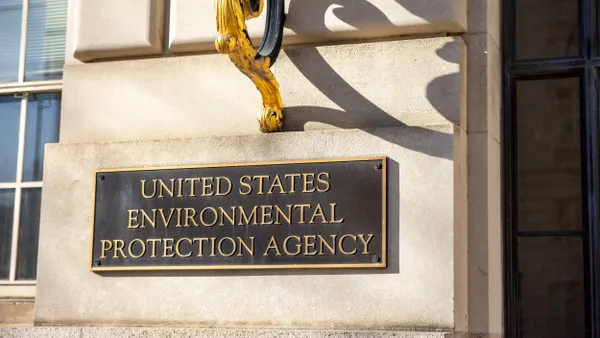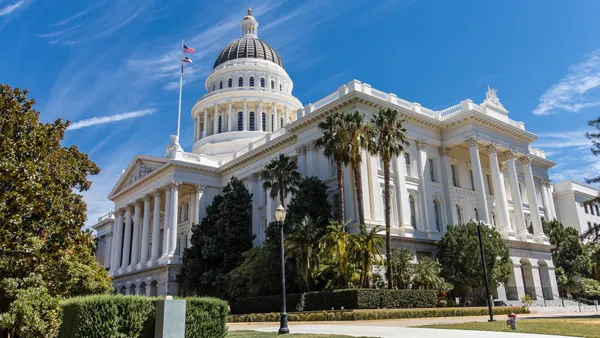Dive Brief:
- A new report shows that the soda tax in Berkeley, CA, raised $1.4 million for child nutrition and community health programs, according to Reuters. The tax, the first of its kind in the U.S., took effect in March 2015.
- Sales of sugar-sweetened beverages decreased approximately 9.6% during the first year of the tax, and sales of untaxed beverages, especially bottled water, rose 3.5%, according to The San Francisco Chronicle.
- Over the past year, U.S. municipalities such as Philadelphia, San Francisco, Oakland and Cook County, Illinois, which includes Chicago, have approved similar laws to tax sugary beverages.
Dive Insight:
It’s no secret that soda sales were decreasing before taxes like this took effect as a result of growing consumer preferences for healthier beverages.
When the one-cent-per-ounce tax was imposed in Berkeley, many retailers chose not to pass the entire tax on to consumers. Although overall soda sales were down 21% in Berkeley last year, the amount of money raised for community programs is significant.
The tax also achieved the desired result on the demand side. Consumers are drinking fewer sugary drinks and are instead buying more water, milk and other healthy beverages.
The report showed that sugar-sweetened drink sales fell 9.6% compared to those predicted without the tax. Sales of untaxed beverages, like water and milk, increased 3.5%. Results like this will likely lead other areas to enact soda taxes in the years ahead. Connecticut is the latest state to consider a penny-per-ounce soda tax after seeing the success cities like Berkeley and Philadelphia had generating major state revenue and improving community health.
It will be interesting to see how major soda companies respond to these results. Many beverage makers have released studies arguing that the unhealthiness of soda has been exaggerated, and others have decried the loss of local jobs as a result of soda tax initiatives. PepsiCo, for example, said it would need to lay off 80 to 100 workers in Philadelphia last month after sales dropped 40% following the tax.
These findings will also likely push soda companies to continue to change up their portfolios to offer healthier beverages, and capture shares of the sparkling water and tonics market.










